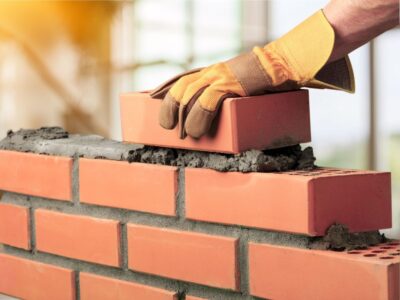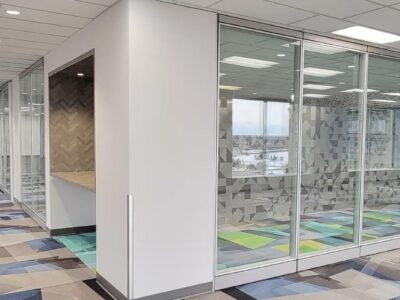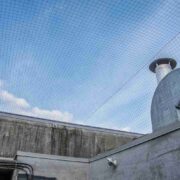Building inspections are crucial steps in the property purchasing process, especially in Sydney, where the real estate market is bustling with activity. These inspections offer valuable insights into the condition of a property, uncovering potential issues that could affect its future delving into the specifics of Sydney inspection findings, let’s first why building inspections are so vital. Whether you’re buying or selling a property, inspections provide a comprehensive assessment of its structural integrity, safety, and overall condition. This information is invaluable for making informed decisions and avoiding unforeseen expenses down the line.
Sydney’s unique property landscape
Sydney’s property market is dynamic and diverse, featuring a wide range of properties from historic homes to modern apartments. With such diversity comes the need for thorough inspections tailored to the nuances of each property type. Whether you’re dealing with a heritage-listed building in the Inner West or a newly constructed unit in the CBD, understanding the specific inspection requirements is essential.
Key findings in sydney inspections
Sydney inspections typically cover various aspects of a property, including its structural integrity, electrical systems, plumbing, and pest infestations. Some of the key findings commonly encountered in Sydney inspections include:
- Structural issues– This may include cracks in walls, foundation problems, or uneven flooring, which could indicate underlying structural issues requiring immediate attention. Discover More about building inspections in Sydney by visiting vitalbuildinginspection.com.au/pricing/.
- Electrical Concerns: Outdated wiring, faulty outlets, or inadequate electrical systems pose safety hazards and may necessitate upgrades to meet current standards.
- Plumbing problems– Leaking pipes, water damage, or poor drainage lead to costly repairs and impact the property’s habitability.
- Pest infestations: Termites and other pests are prevalent in Sydney, especially in older homes. Identifying and addressing infestations promptly is essential to prevent extensive damage.
- Compliance issues– Properties must comply with building codes and regulations set by local authorities. Non-compliance issues uncovered during inspections may require rectification to ensure legal compliance.
Impact on property’s future
The findings of a building inspection can have a significant impact on the future of a property. Depending on the severity of the issues uncovered, they may influence various aspects, including:
- Serious structural or safety concerns diminish a property’s value, affecting its resale potential and marketability.
- Inspection findings provide valuable leverage for negotiations between buyers and sellers. Buyers may use identified issues to negotiate a lower purchase price or request repairs before finalizing the deal.
- Understanding the condition of a property allows buyers to plan for future renovations and maintenance projects effectively. Addressing any issues early on save both time and money in the long run.
- Failure to address compliance issues highlighted in inspections result in legal consequences, including fines or difficulty obtaining permits for renovations.
Seek guidance from qualified professionals, such as structural engineers, electricians, plumbers, or pest control specialists, to assess the extent of the problems and recommend solutions. Obtain multiple quotes from reputable contractors for any necessary repairs or upgrades. Compare costs and timelines to make informed decisions. If purchasing a property, use inspection findings to negotiate with the seller for repairs, credits, or a reduction in the purchase price. Work with your real estate agent to navigate negotiations effectively. Factor in the cost of repairs or renovations into your budget and financing plans to ensure you’re prepared for any additional expenses.













Comments